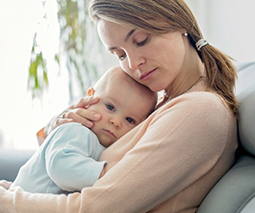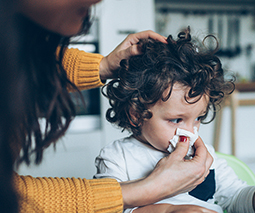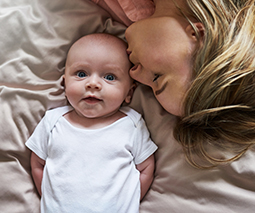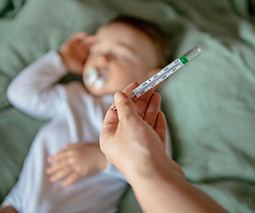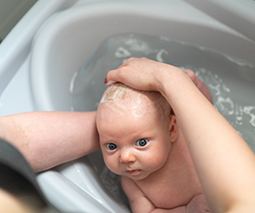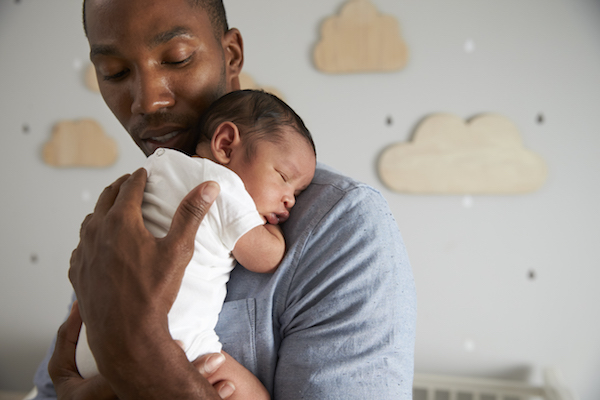Vitamin K is NOT a vaccination – here’s why every newborn needs it
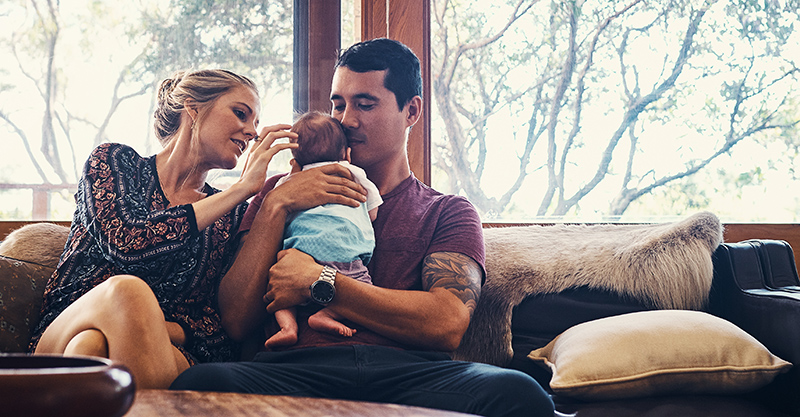
Misinformation about the safety of the vitamin K shot for newborns is spreading like wildfire across social media. Here’s why it’s so important not to refuse this injection.
There’s a growing movement which sees parents rejecting the vital vitamin K dose for newborns, lumping it in with vaccination suspicion – and consequently putting babies’ lives at risk.
So why are parents refusing vitamin K?
Many parents are suspicious of the safety of vitamin K doses for newborns.
They may incorrectly believe vitamin K is at odds with a natural parenting philosophy – when this is simply not the case.
Others don’t want their child to go through the pain of the injection, but if you consider the very dire consequences of a serious bleed, this seems like a pretty silly excuse.
Some refuse vitamin K because of religious beliefs – The “we believe God created us and knew what he was doing” type reasoning.
There’s also lots of anti-vitamin K information being shared across the internet, misinforming and confusing new parents.
Some of the false assertions about vitamin K include:
That it causes childhood leukaemia – untrue
That it’s dangerous for babies – untrue
That it’s toxic – untrue
Read more about baby health:
- Science confirms cuddles really DO help ease babies’ pain
- Baby poo has changed since last century which could explain increased allergies
- Denmark to vote on world-first circumcision ban
What is vitamin K?
Vitamin K is needed to ensure that blood can clot effectively. However, humans don’t make their own vitamin K and their bodies are unable to store it effectively.
Vitamin K occurs naturally in leafy green vegetables – which is our primary source – and in bacteria that live in our gut.
The vitamin K dose for babies is not a vaccination, but rather a potentially life-saving supplement that helps their body work correctly.
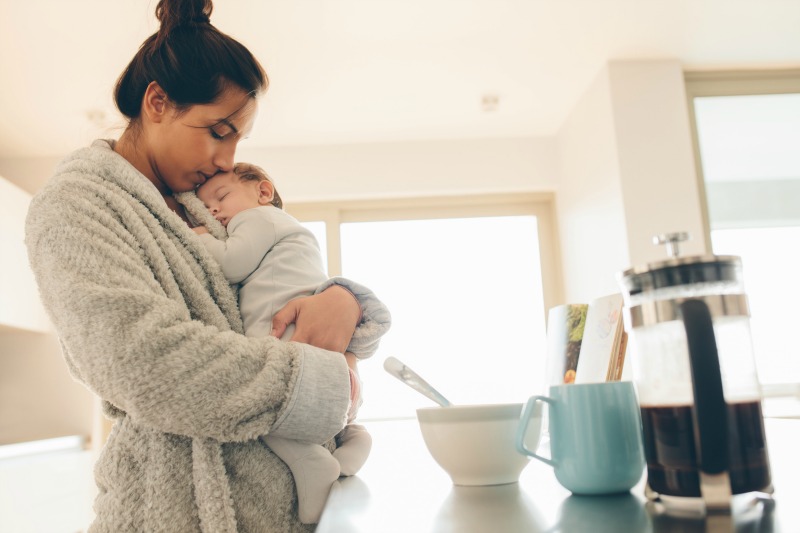
Why is vitamin K important for babies?
Vitamin K turns on molecules called clotting factors, which help our blood to clot.
These clotting factors are present at birth, but low levels of vitamin K in babies’ systems mean they are not activated fully.
This means babies’ blood may not be able to clot which can lead to dangerous sudden bleeding.
The vitamin K shot eliminates this risk and turns on babies’ blood clotting abilities.
What happens if babies don’t have vitamin K?
Babies can simply start bleeding for all kinds of reasons.
Sometimes the source of the bleeding is known – for instance, if a baby is being circumcised – but sometimes it’s internal and not immediately apparent. This bleeding can happen very suddenly and the reason a baby is unwell may not be realised until after serious damage has been done. The consequences can be life-long for that child – or even fatal.
“About one in five babies who develop late vitamin K deficiency bleeding (VKDB) die, and two of every five who survive have long-term brain damage,” researcher Tara Haelle reported for Forbes.
“Infants who do not get the vitamin K shot at birth are at 81 times greater risk for developing VKDB than infants who do get the shot,” the Centre for Disease Control tells us.
This bleeding is “effectively prevented by the vitamin K shot” and the “incidence of late VKDB, the most concerning type, falls to less than 1 in 100,000 infants when vitamin K is given at birth.”
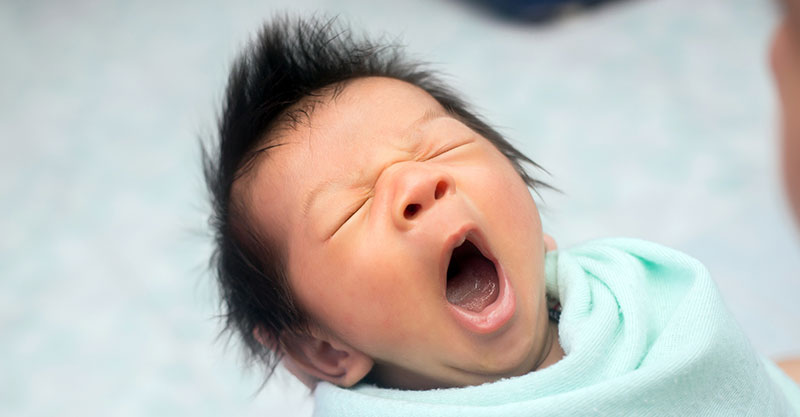
What used to happen, when we didn’t know we needed to give babies this shot?
Babies used to die from this sort of bleeding – then referred to as “hemorrhagic disease of the newborn” or suffer lifelong conditions as a result of bleeding.
“It is devastating”
Former AMA head honcho Dr Michael Gannon says he’s delivered a child who went on to have vitamin K deficiency bleeding.
“It is devastating to see and it is not just the case [that] babies bruise easily, they can bleed into their gut or into their brain,” he told The West Australian in a 2017 report about parents refusing vitamin K for their babies.
“If they bleed into the brain, which is the more common, they might die or have a stroke and develop cerebral palsy.”
Indeed this is happening in Australia with babies dying in Queensland and NSW – and also internationally.
Sadly even when a baby does die, there’s still misinformation and doubling-down against the LIFE-SAVING vitamin K shot.
“A small minority of people, because of the fear-mongering that exists on the internet, will decline it,” Dr Gannon said. “We hear a lot about things we can’t prevent, and the tragic outcomes, but then we have something like this, where people are refusing something that prevents a tragedy — it’s a real juxtaposition.”
Can a mother supplement her own vitamin K as an alternative?
Some people advocate avoiding the vitamin K shot for babies and supplementing a mother’s diet during pregnancy and postpartum instead. There is little evidence that babies can benefit from this maternal supplementation of vitamin K. It’s simply much more effective to administer vitamin K to a baby directly.
But doesn’t delayed cord clamping help boost vitamin K?
No.
But doesn’t breastmilk help boost vitamin K?
No. Breastfed babies are more at risk from vitamin K deficiency bleeding because baby formula contains much-needed vitamin K. That said, all new babies need the vitamin K dose.
This is a lot. What’s best for my baby?
It’s super simple. Get the vitamin K shot.
Read more about the importance and safety of vitamin K at Evidence Based Birth.
